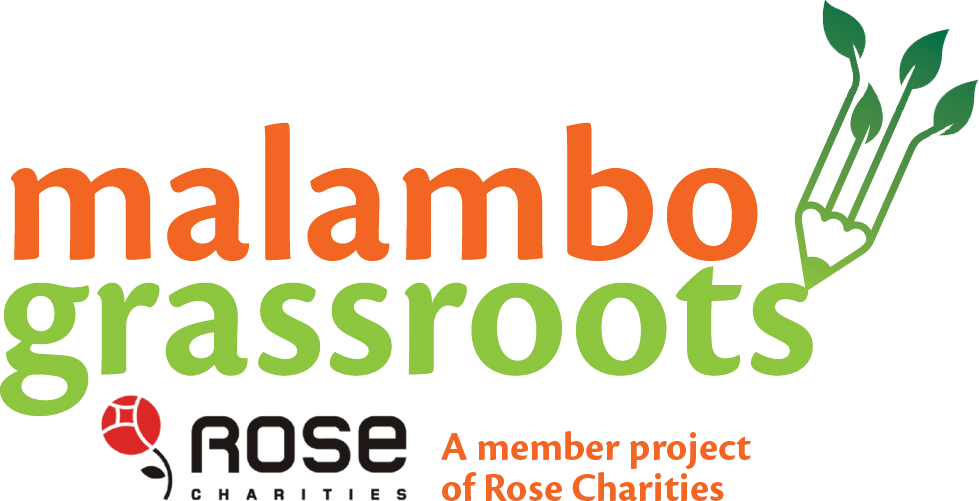This year, Malambo Grassroots once again helped to provide educational funding for many students. Here’s a report from the field:
We are at the end of a busy six weeks of interviewing students and parents who have applied for educational funding, and forty-five students have gone off to studies from Grade 8 to college, happy to know that another year of life progresses well.
The students we have funded range from Grade 8 to 12, and to college, where this year we have eight qualifying in power electrics, marketing and supply, medical and teaching.
As always this has been a rewarding time for us. We have witnessed such eagerness from students. To quote from a dog-eared letter that a parent showed us:
“Daddy, may you please send some money here. I don’t have soap, detergent paste and other things for use. My friends are doing some tuitions for maths, sciences and other subjects. As for me I don’t have money to pay therefore I am not learning. I know that you don’t have money but for this case you must do something. If possible you can sell anything because I want to learn and to buy other things. Remember Mummy and Daddy you promised me….”
We were able to send him $38.29 for soap and tuition.










